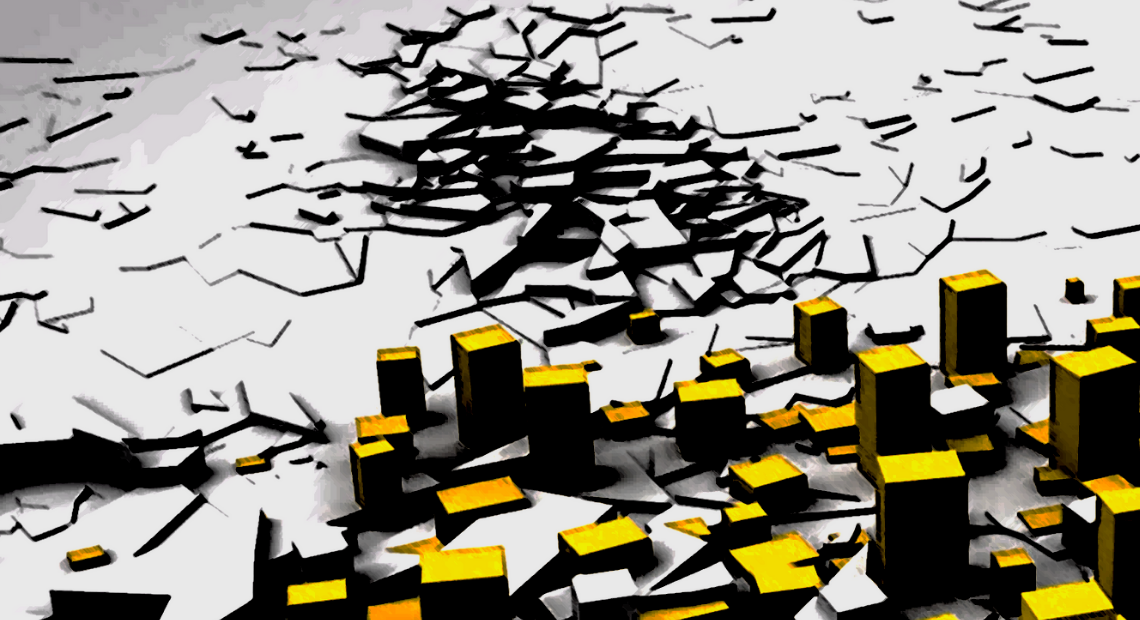The Pedrera project held a final webinar on the 2nd of December 2021, which focused on Next generation EU funds and tools to support large-scale retrofitting actions under the Spanish Royal Decree 853/2021.
The PEDRERA project aims to provide an innovative energy renovation model able to accelerate the urban transition towards Positive Energy Districts (PEDs) and to validate economic feasibility of the business models, guaranteeing interoperability and replicability at EU scale. The key goal of the model is to boost energy transition and accelerate the transition to sustainable, low-carbon societies.
Specific objectives of this project were:
- to demonstrate the economic feasibility and opportunities of renovation strategies at large scale according to a Positive Energy Districts (PED) vision;
- to combine data sources by collecting and gathering available data from multiple domains;
- to facilitate the multiple stakeholders’ engagement in large-scale renovation actions and to appraise a wide-ranging ranks of KPIs according each stakeholder and design phase targets to predict the best outcomes of distinct renovation scenario;
- to design a business model able to provide a reliable predictive economic and financial estimation of potential businesses from large-scale retrofitting actions (i.e. 150 – 350 dwellings in 10-50 buildings), under a PPP (Private Public Partnership) framework.
Paolo Civiero, from IREC, the granted researcher of the project, contributed with the design of the wide PEDRERA model vision; the definition of the main input and output (KPIs) for large-scale renovation strategies according to a PED vision and different stakeholders’ profiles in order to explore scenarios and potential from a cluster of buildings. Paolo developed the data aggregation from multiple domains and sources, to assess buildings renovation by integrating a wide information and stakeholders settings. During the project, the interoperability of the model with data from the selection of buildings on GIS map and implementation of PEDRERA model was transferred into a web platform; and the programming of the model software in “Python” enabled a quick, customized and clear analysis of scenarios according economic feasibility and sustainability topics.
As a conclusion of the project, an economic model has been developed to perform a quantitative evaluation and to analyse the critical elements of this kind of operation for the different types of stakeholders (end users, Corner Stone entities and Local authorities). The most critical parameters can be analyzed by comparing different scenarios to be drawn. The model computes a set of indicators as results of the analysed area and a set of parameters / variables which can be set depending on the case.
This is the only tool known which addresses the financial appraisal of Large Scale Retrofitting under a Private Public Partnership (PPP), typically ranging from 150-350 dwellings. The model gives detailed economic and financial information for business models based on Private Public cooperation in large-scale residential retrofitting, meaning renovation at district scale. Once provided a short number of systemized inputs listed in a wizard, the business model will automatically display valuable financial assessment results (outputs) for different stakeholders in the process.
The project has mainly involved the researcher Paolo Civiero, from the Thermal Energy and Building Performance group at IREC, and CICLICA as partner.
The research leading to these results has received funding from the European Union’s Horizon 2020 research and innovation program under the Marie Skłodowska-Curie grant agreement No 712949 (TECNIOspring PLUS) and from the Agency for Business Competitiveness of the Government of Catalonia. TECNIOspring PLUS. Investigator: Paolo Civiero, Project: PEDRERA. Positive Energy Districts renovation model. IREC (Barcelona—ES).




